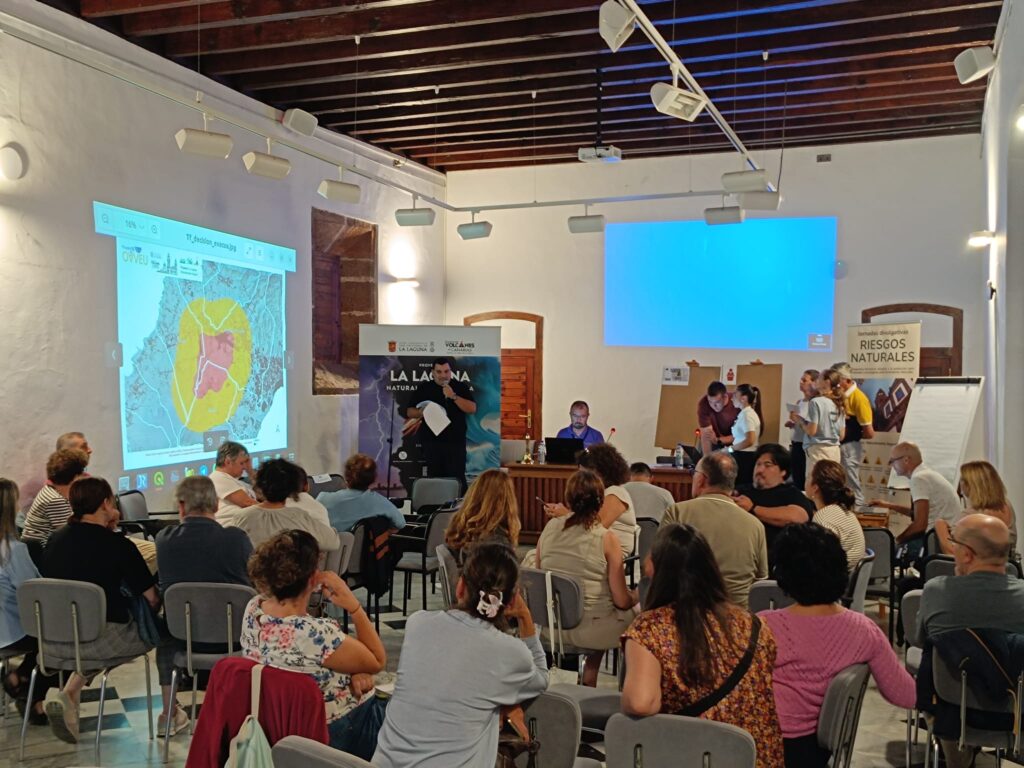He Santa Cruz City Councilthrough the Mobility area, managed by Councilor Evelyn Alonso, anticipates that at the end of this month the two scooter companies will be authorized and will be granted temporary use of the municipal public domain, as recalled by the mayor, José Manuel Bermúdez, who “must comply with the rules of regulation for these personal mobility vehicles (VMP), in order to guarantee that they offer a quality service to users, as well as avoid problems of overexploitation or incorrect exploitation of the public domain, and/or possible inconvenience to citizens.”
For his part, Alonso points out that “the maximum number of scooters will be 1,292 units, distributed throughout the five districts and in number of parking spaces, which in Anaga will have nine parking spaces for 48 scooters; Centro-Ifara, 63 seats and 448 scooters; in Ofra-Costa Sur, 43 places and 172 VMP; in Salud-La Salle, 67 and 392, while in the Southwest, there are 58 places and 232 VMP” and adds that “in addition to the fee of 20,000 euros for the use of the public domain being contemplated for each of the two companies and the deposit of a guarantee of 50 euros for each of the scooters.”
When designating the two companies that will be authorized, the obligation for the company to have an insurance policy that covers all possible damages that could arise from the operation of the electric scooter service has been taken into account, both for the users of this as well as for other users of public roads and third parties in general, as well as public or private property. The insurance will have a minimum coverage of 300,000 euros.
Also, Evelyn Alonso maintains that among the criteria for granting the authorization, “the technological solution offered by the interested company to minimize the possibility of improper parking among its users” will be assessed and adds that “at the same time it will have a special impact on “the authorization is the solution offered to minimize the possibility of riding on sidewalks and in prohibited areas, in addition to making its users aware of the regulations and basic criteria for safe circulation on electric scooters, as well as the municipal regulations on this matter.”
“The improvement in the environmental conditions of the vehicles used for logistics tasks and services derived from the provision of the activity will also be especially valued,” adds the councilor, “and finally, she values the criterion of “that the company that opts for authorization offers a discount or bonus for residents and recurring users on the general use rate.”
Finally, Evelyn Alonso communicates that “the Linux company, which until now operated with electric scooters in this city, informed this council of its global decision not to continue with the aforementioned exploitation” and places special emphasis on remembering that “in the same communication, the aforementioned company added that it would proceed to withdraw the entire fleet of personal mobility vehicles from the entire municipality in these weeks.
Finally, the councilor of the area communicates that “thanks to the final approval in the past plenary session of both the Mobility ordinance and the Sustainable Urban Mobility Plan (PMUS), Santa Cruz is equipped with a regulation that pursues the coexistence of the new modes of personal transport, which are here to stay, with the design of a city that is friendly to pedestrians and more respectful of the environment” and concludes by stating that “this regulation seeks to ensure that this capital adapts to new times and demands, also European, which seek to organize all aspects of Mobility.”















